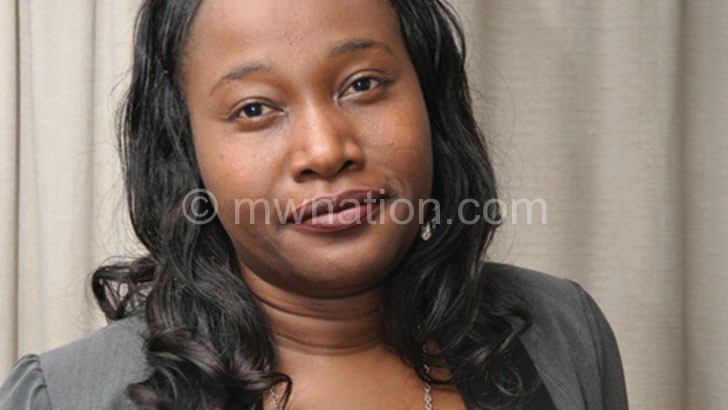Constitutional amendment on cards
Malawi, through Ministry of Justice and Constitutional Affairs, has undertaken to amend the Constitution regarding age of a child, the second amendment since 1995.
Government’s step follows an order by African Committee of Experts on the Rights and Welfare of the Child (ACERWC) that Malawi should harmonise its laws on the definition of a child by December 31 2018.

The African Committee derives its power from the African Union (AU). Ministry of Justice and Constitutional Affairs has disclosed it is already drafting an Amendment Bill to comply with obligations of African Charter on the Rights and Welfare of the Child (ACRWC), which Malawi ratified on September 16 1999.
In Malawi, the Constitution recognises a child as one below the age of 16, while other legislative frameworks, such as Marriage, Divorce and Family Relations Act of 2015 provides for 18 as the age for marriage.
Malawi’s failure to amend the Constitution meant it was in violation of the charter it was a signatory to, which recognises children as those aged 18 and below. Institute for Human Rights and Development in Africa (IHRDA), which was partnered by a local child rights group, Eye of the Child, reported Malawi to the Committee about the violation.
IHRDA and Eye of the Child told the committee in October this year in The Gambia that contrary to what is provided in Article 2 of the African Charter, Malawi excludes children between the ages of 16 and 18 years from the protections accorded to them under the charter.
The committee, during an out-of-court settlement, where Malawi was represented by Solicitor General Janet Banda, ordered Malawi to take all possible administrative and other measures to ensure that the rights in the charter are enjoyed by all persons under the age of 18.
Banda, in a response to a questionnaire, said the Ministry of Justice and Constitutional Affairs in liaison with the Ministry of Gender was drafting an Amendment Bill to the Constitution to take to Cabinet.
Banda said: “You must, however, understand that the sections affected by these amendments are protected sections [for example] sections 22 and 23.
“ However, t h e r e a r e compelling factors that have persuaded government to have recourse to Section 196(3) (a) and (b) considering the nature of the issues raised in the communication.”
Sections 22 and 23 are under Bill of Rights, civil liberties, and any amendment to them has to be through a referendum, hence protected sections. Section 22 of the Constitution provides that a marriage shall only be entered for persons between the age of 15 and 18 years with consent of their parents or guardians, a clear conflict with the African Charter which Malawi signed and the country’s Marriage, Divorce and Family Relations Act of 2015, which provides 18 as the age for marriage.
And Section 23 (5), which also contradict other legislative frameworks and the African Charter, reads: “For purposes of this section, children shall be persons under 16 years of age.”
However, the fact that these are protected sections that have to be put up to referendum, government has used the same Constitution to propose amendment through presentation of a Bill in Parliament.
Section 196 (3) (a) and (b), which Banda said government would use for the amendments, states that Parliament may pass a bill containing an amendment if that would not affect the substance of the effect of the Constitution and if the Bill is supported by a majority of at least two-thirds of the total number of members.
Malawi, when it was reported to the African Committee, wanted the matter dismissed because significant steps that the country had taken and was still taking showed that it had not invoked or attempted to invoke its constitutional order to deny millions of Malawian children the protection of the charter.
“The fact that there is a constitutional amendment process already with Cabinet to amend Section 23 (6) of the Constitution is evident of Malawi’s commitment to comply with its obligations under the charter. “We, therefore, submit that this communication [complaint] be dismissed,” Banda, on behalf of Malawi, submitted to the committee.
Eye of the Child executive director Maxwell Matewere, whose organisation conducted a research and testified during the settlement, said they were excited with the committee’s order.
Matewere said he was hopeful that problems Malawi has been experiencing, where men were taking advantage of weak laws to abuse 16-year-old girls, would end.





